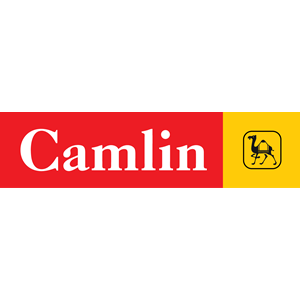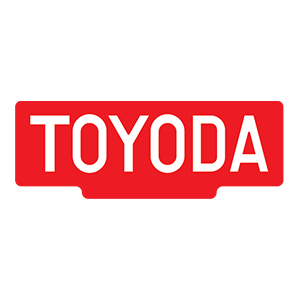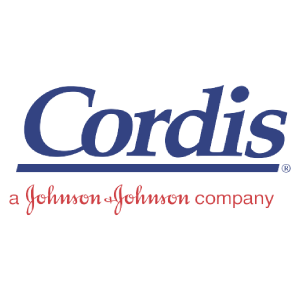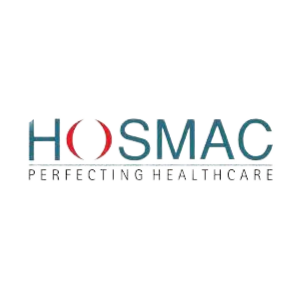When it comes
to brand’s reputation, crisis communication stands as a cornerstone service.
While PR often focuses on building a brand’s reputation, protecting it during
turbulent times is equally critical. A well-executed crisis management strategy
can not only shield a brand from reputational harm but also transform
challenges into opportunities.
Understanding Crisis Management in PR
Crisis
management in PR encompasses proactive and reactive strategies aimed at
addressing reputation-damaging events. As articulated by seasoned PR
professionals, the essence of this service lies in swiftly analyzing the
crisis, engaging stakeholders, and deploying tailored solutions that mitigate
harm while fostering trust.
Proactive vs. Reactive Approaches
Proactive
Approach: Think of it as a fire extinguisher you hope never to use but I’s
there just in case. By anticipating potential crises—whether emerging (delayed
real estate projects) or sustained (ongoing land disputes)—PR teams can prepare
contingency plans. These involve scenario mapping and communication guidelines
that ensure swift responses.
Reactive
Approach: When an unforeseen crisis strikes, such as allegations of negligence
or operational mishaps, immediate action is paramount. Evaluating the
situation, addressing misinformation, and issuing a transparent response can
prevent further escalation.
Guiding Principles for Crisis Management
To navigate
crises effectively, PR professionals emphasize several guiding principles:
1: Transparency:
Honesty builds trust. Avoid lying, even when the truth is difficult. For
instance, admitting mistakes and detailing corrective actions often resonates
better than deflection.
2: Sensitivity:
In crises involving personal loss or public outcry, addressing affected parties
with empathy can de-escalate tensions and uphold the brand’s human values.
3: Timeliness:
Delayed responses exacerbate damage. Rapid acknowledgment followed by informed
action ensures control over the narrative.
4: Preparation:
As crises can arise from unpredictable sources—from social media uproars to
unforeseen events—brands must maintain protocols and engage experienced PR
partners to manage potential fallout effectively.
Talking about
the latest trends—AI, it cannot predict when or how a crisis will unfold, it is
invaluable in identifying red flags. Advanced analytics can scan online
conversations, detect emerging issues, and guide preparation. However, the
human element remains irreplaceable, particularly in crafting nuanced,
empathetic responses.
The recent
example involving L&T’s Chairman’s remarks about the work ethic of younger
generations highlights the importance of strategic communication. The
controversial statement sparked backlash, but an effective PR response could
have reframed it as a call for introspection and adaptability in modern
workplaces. Such an approach could channel criticism into constructive
dialogue.
Effective
crisis management is not just about damage control; it’s about showcasing a
brand’s resilience and values under pressure. At Carmine, we pride ourselves on
being creative problem solvers. With a deep understanding of evolving mediums
and audience expectations, we specialize in unconventional approaches tailored
to each unique challenge. Whether it’s mitigating the fallout from a sensitive
issue or crafting proactive strategies to safeguard your reputation, Carmine is
your one-stop solution. We work closely with our clients to ensure their brands
not only weather the storm but emerge stronger, demonstrating integrity,
adaptability, and leadership.
In an era where even minor missteps can go viral, having a robust crisis management plan is essential for brands. Whether it’s managing public backlash or resolving sensitive disputes, the key lies in agility, empathy, and foresight.























































































